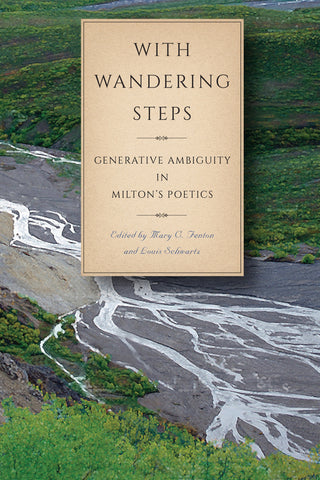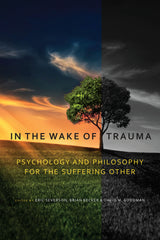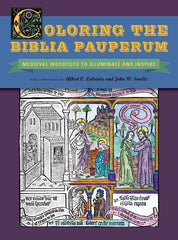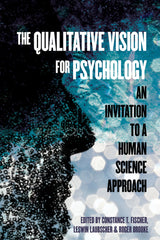With Wandering Steps: Generative Ambiguity in Milton’s Poetics
Ed. by Mary C. Fenton and Louis Schwartz $70.00November 2016 | cloth | ISBN 978-0-8207-0488-3
Explores Milton’s creative power to create a desire for a unified resolution that we are never meant to actually reach — at least in this world
Note:
This book is currently out of print, however a reprint may be possible for faculty/class adoptions, subject to minimum quantities. Please contact our print and fulfillment partner XanEdu Custom Publishing for more information: (800) 218-5971 ext. 8000.
Book Information:
Throughout his poetry, as he explored how human beings could and should align their wills with God’s, John Milton grappled with this reality: as we travel through this life, our paths fork and choices are made, and thus the eventual integration into the divine “all in all” described in Paradise Lost is always delayed or projected forward. In this relationship, Milton sees a generative tension between certainties — such as the premise that God exists and is good — and contingencies, those acts and experiences that are generated by the created world. As the essays in this volume argue, it is this tension that fuels Milton’s creative power.
These nine scholars, then, take up those parts of Milton’s work that wander, that refuse to move in a straight line or come to a fixed conclusion. Milton is seen to be centered on beginnings without clear endings, on figures who cycle or recur, on moments of ambiguity or ambivalence that seemed designed never to resolve. Milton’s works draw readers into aesthetic, rhetorical, and epistemological schemes — plots, tropes, and arguments — that assert the value of differences while, at the same time, calling all differences into question. These essays represent an attempt to take the conversation about Milton’s relationship with difference in a new direction; while some critics have argued that “difference” is meaningless in Milton because all differences melt into a singular truth, other critics have seen these differences as destabilizing, rendering Milton a poet of uncertainty and indetermination. With Wandering Steps focuses instead on the procreative and creative impulses at the very heart of Milton’s poetry and poetic processes, wherein all paths are valid paths — however far they may seem to wander, they usually return, reunite, and imply the idea of a larger, consistent whole.
Contributors Include:
Alex Garganigo
Brendan Prawdzik
James J. Rutherford
Maggie Kilgour
Danielle A. St. Hilaire
Margaret Justice Dean
Maura Brady
Talya Meyers
Joshua Lee Wisebaker
Mary C. Fenton is professor of English at Western Carolina University. Her essays on Milton have been published in SEL: Studies in English Literature 1500–1900, Milton Quarterly, Milton Studies, The Cambridge Companion to Paradise Lost, and in several book chapters. She is the author of Milton’s Places of Hope: Spiritual and Political Connections of Hope with Land, and coeditor with Louis Schwartz of To Repair the Ruins: Reading Milton and Their Maker’s Image: New Essays on John Milton. She is a past president of the Milton Society of America and former dean of the graduate school at Western Carolina University.
Louis Schwartz is professor and chair of English at the University of Richmond. His essays on Milton and early modern English literature and culture have appeared in such journals as Milton Quarterly, Milton Studies, The Comparatist, and The Lancet. His book, Milton and Maternal Mortality, was the winner of the Milton Society of America’s James Holly Hanford Award. He is editor of The Cambridge Companion to Paradise Lost, and, with Mary C. Fenton, coeditor of To Repair the Ruins: Reading Milton, and Their Maker’s Image: New Essays on John Milton.








